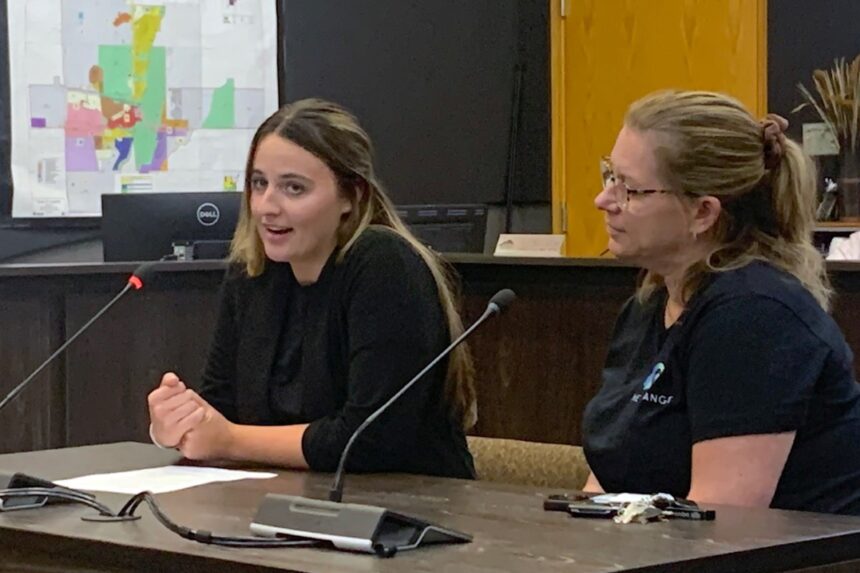A groundbreaking mental health initiative is taking shape in Sundre as local advocates prepare to launch a fundraising run aimed at tackling the growing mental health crisis affecting rural Alberta communities. The proposed event, still in its planning stages, represents a grassroots effort to bridge critical gaps in mental health resources while fostering community connection.
“Mental health challenges don’t discriminate between urban and rural settings, but access to support services certainly does,” explains Miranda Jefferies, one of the event’s primary organizers. “We’re seeing increasing needs in smaller communities like Sundre where resources are often stretched thin or simply nonexistent.”
The fundraiser, tentatively scheduled for early summer 2024, plans to offer multiple distance options to accommodate participants of all fitness levels. Organizers have approached the Sundre town council seeking approval and logistical support for route planning and safety measures, receiving generally positive feedback.
Council members expressed enthusiasm for the initiative during preliminary discussions, recognizing mental health as an increasingly important priority for the community. Mayor Richard Warnock noted that such events align with the town’s commitment to fostering healthy, supportive community spaces.
“What makes this run unique is that funds raised will directly support local mental health programs,” explains co-organizer Thomas Benfield. “Rather than sending money to distant organizations, we’re focused on developing sustainable resources right here in Sundre and surrounding areas.”
The timing of this initiative is particularly significant as rural communities across Canada continue to grapple with elevated rates of depression, anxiety, and suicide—issues compounded by geographic isolation, economic pressures on agricultural communities, and the lingering effects of the pandemic.
According to recent data from the Canadian Mental Health Association, rural residents face unique barriers to mental health support, including limited local services, transportation challenges, and persistent stigma that can prevent people from seeking help.
“This isn’t just about raising money—it’s about starting conversations,” Jefferies emphasizes. “When people see their neighbors, local business owners, and community leaders participating in an event like this, it normalizes talking about mental health challenges.”
The organizing committee is currently exploring partnerships with regional mental health service providers, local businesses for sponsorship opportunities, and existing community organizations to maximize impact. They plan to incorporate educational components alongside the physical activity, including resource booths and speakers with lived experience.
For Sundre resident James Thornton, who lost his son to suicide in 2020, initiatives like this represent crucial progress. “Three years ago, nobody was talking about these issues openly. The silence only makes things worse. Events like this run tell people they’re not alone in their struggles.”
The proposal comes as communities across Alberta witness increasing demand for mental health services, with provincial health data indicating wait times for specialized mental health services have grown by nearly 30% since 2019.
As planning continues, organizers invite community members to contribute ideas and volunteer support. “This is truly a community-driven effort,” Benfield states. “We want this event to reflect what Sundre needs most.”
As rural communities continue searching for innovative approaches to mental health challenges, the question remains: could grassroots initiatives like Sundre’s proposed fundraising run provide a sustainable model for addressing mental health needs in underserved communities across Canada?

























